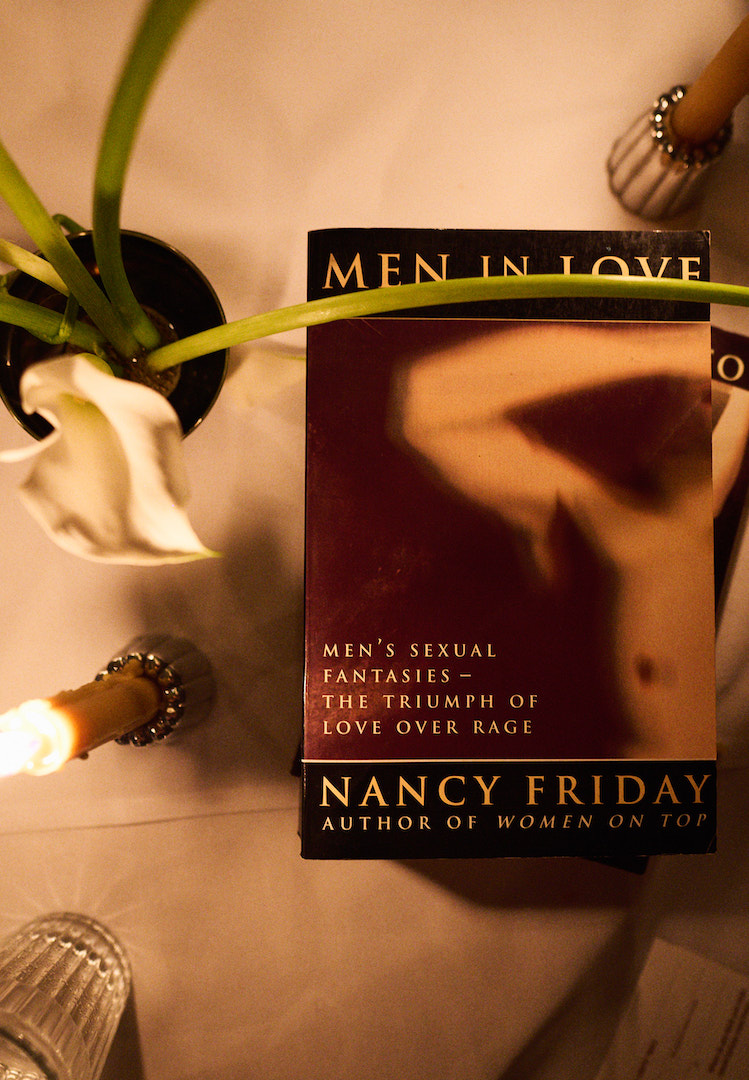The gut punch moment of being left out of the group chat and how I got over it
words by Elsie Lange
What would the Stoics do?
The realisation that I’d been excluded from a group chat of old mates a few years ago came about when a friend innocently said she would see me at another close friend’s house for beers that weekend.
“Yeah! See ya then!” I replied, though I couldn’t recall the event she was referring to. No matter, I thought. I’d read back through my messages when I got home – I had a habit of seeing things and forgetting to put them in my calendar.
For more relationship advice head to our Life section.
I searched high and low. I went through all my messaging platforms and even my rarely-opened WhatsApp. Nothing. When I asked her where we’d been invited, she said, “In the group chat!” She assumed, as I had, that I was always included. After I realised what was really going on, I felt dismayed, hurt, and mostly a bit like disappearing.
Most of us have been through this at some point, with countless articles online about the dynamics, psychology and dilemmas related to the group chat era. But the feeling of rejection is certainly not new, or limited to our digital age. I mean, even Stoic philosophers like Epictetus might’ve been left out of a group chat or two, had Facebook Messenger existed a couple of thousand years ago.
If you’ve never heard of Stoicism, it’s not in reference to the ‘stoic’ we say when we mean ‘grit your teeth and bear it’. I mean the lessons of the Stoics, the ancient Greek and Roman philosophers (such as Epictetus, Marcus Aurelius and Seneca) who taught the importance of self control, virtue, moderation and acceptance.
Earlier this year, I moved to Spain for a working gap year and quickly spiralled. I was in a country where I hardly knew the language, I had a job I didn’t feel qualified for and I wondered, at age 30, what the fuck I was doing with my life. I had a few weeks to wait for a therapy session, so in the meantime I picked up a self-help book called Reasons Not to Worry: How to be Stoic in Chaotic Times by Australian writer Bridget Delaney.
This was my first introduction to Stoic philosophy and it felt like a lightbulb moment. I wished I’d been able to use it back when I was knee deep in my group chat FOMO shame spiral. Delaney’s guide (combined with a few years of therapy) equipped me with some tools for navigating the hairy feelings of rejection as a sensitive soul.
Why does it hurt to be left out of the group chat?
I already feel inundated by group chats. I absolutely don’t need to be in any more of them. But it was the feeling of being overlooked, or left out, that stung. I continued asking myself whether it was a reflection on my character as a whole, a symptom of post-lockdown drifting, or because of one of a myriad of early-20s fuck ups. And I desperately wanted to fix it.
On an evolutionary level, the hurt I was feeling makes sense – humans are programmed to fear social rejection. According to Dr Kelsey Zimmerman, a senior lecturer at the University of Sydney’s School of Psychology, “Social rejection causes the same activation in brain regions associated with processing physical pain.” Dr Zimmerman explains that since we’re a social species, throughout history, being included in the group was critical for our survival.
What would the Stoics do?
In Reasons Not to Worry, Delaney explores how to adapt ancient Stoic teachings to the things we face in modern life – including FOMO and rejection. A Stoic believes you can only control three things: your character, your actions and reactions, and how you treat others.
“Everything else is out of your control. That includes being included in things like friends’ group chats,” Delaney says. “If this happens, it’s normal to feel hurt but a Stoic would quickly realise that they have no control over others, and if they are included.” As an anxious person, I know it’s not easy to get to this stage. However, I keep coming back to these words from Epictetus, which I repeat to myself as a sort of mantra: “The more we value things outside our control, the less control we have.”
Delaney says that for Stoics, it’s important not to create a narrative around hurts, like being excluded. “Stoics don’t leap to the wrong conclusion if they don’t have all the information,” she says. “If you don’t know why you weren’t included, resist creating a story about why.”
Epictetus has yet another hot take on this: “We are not privy to the stories behind people’s actions, so we should be patient with others and suspend judgement of them, recognising the limits of our understanding.” Essentially, we have no idea what’s going on for anyone else. Try not to judge yourself, or others, too harshly.
In reality
I couldn’t control that I had been excluded from a chat with people I considered my close friends. I didn’t understand why but I attempted to be more generous to them, and to myself.
I accepted that I had a habit back in my early-to-mid-20s of drinking too much and saying stupid, later-forgotten things. I might’ve hurt somebody. I couldn’t figure out who, when, or why, so all I could control was my response to this in the present. I’m older now, I drink less, and I listen more.
In my situation, Delaney says our response should be to rise above the hurt and focus on what we have..“You might be in other group chats, or you might choose to nurture friendships in real life,” she says.
I work harder to show up in my friendships now – in part due to growing up. If I know something has been organised without me, but I’m still invited, I feel glad not to have read all the back and forth.
If I’m not invited, well, in the words of Epictetus: “If these things are good, you ought to be glad that he has gotten them; and if they are evil, don’t be grieved that you have not got them”.
For more on Stoicism, try this.













